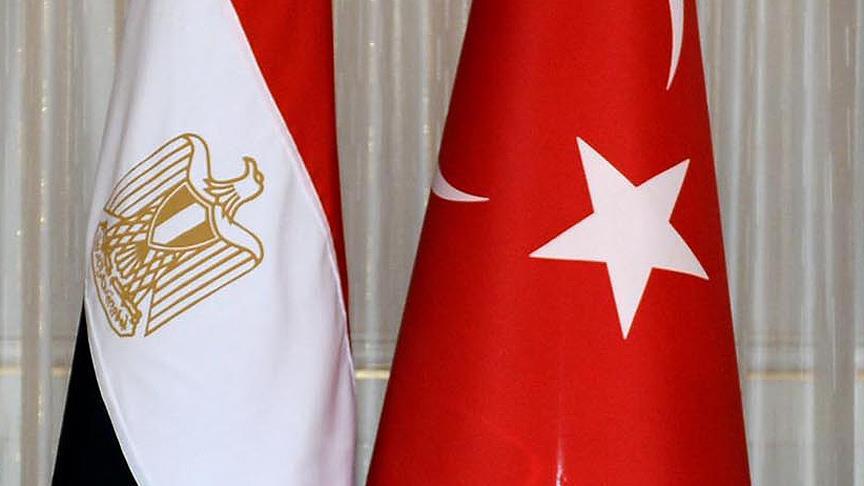المجتمع المدني في المغرب وإمكانية إنتاج هيئات استشارية،هيئة المساواة وتكافؤ الفرص ومقاربة النوع أنموذجا
Civil Society in Morocco and the Potential for Pro0 ducing Advisory Bodies: The Equality, Equal Opportunities, and Gender Approach Committee as a Model

اعداد : محمد الخادري – باحث بسلك الدكتوراه، تخصص علم الاجتماع بكلية العلوم الإنسانية والاجتماعية، جامعة ابن طفيل بالقنيطرة، المغرب.
المركز الديمقراطي العربي : –
- مجلة الدراسات الأفريقية وحوض النيل : العدد ثلاثون آذار – مارس 2025 ,مجلد 07 مجلة دورية علمية محكمة تصدر عن #المركز_الديمقراطي_العربي ألمانيا – برلين .
-
تُعنى المجلة بالدراسات والبحوث والأوراق البحثية عمومًا في مجالات العلوم السياسية والعلاقات الدولية وكافة القضايا المتعلقة بالقارة الأفريقية ودول حوض النيل.
للأطلاع على البحث “pdf” من خلال الرابط المرفق :-
ملخص :
يهدف هذا المقال إلى محاولة تحديد مقومات ومعايير ميلاد مجتمع مدني مغربي، وتتبع أثر تشكله في الزمان والمكان، والشروط المنتجة له في تركيبتها وتشابك أبعادها السياسية والثقافية والسوسيو-اقتصادية، وضبط حدود تمتعه بالقدرة على إنتاج وإعادة إنتاج هيئات استشارية ترابية قوية ومستقلة، وإمكانية بلورة هذه الهيئات لآرائها الاستشارية، ومصداقية تدخلاتها وفعاليتها في تجويد أنشطة مجالس الجماعات الترابية، ورصد قدراتها على تنزيل ما يسمى ب”المقاربة الترابية في التنمية”، وتمثل مقتضيات “المقاربة التشاركية”، خصوصا في معالجة وتناول القضايا المرتبطة بالتنمية المحلية، وبالنوع الاجتماعي، والمساواة بين الجنسين، وتكافؤ الفرص بين الجميع.
تكشف هذه الورقة -من جانب آخر- التقيد الأرثودوكسي بمراحل إعداد وتهييئ إحداث وتنظيم واشتغال وتتبع وتقييم أنشطة “هيئة المساواة وتكافؤ الفرص ومقاربة النوع”، باعتبارها أهم الهيئات الاستشارية على المستوى الترابي، ومدى انسجامها في التعبير عن تطلعات وانتظارات المجتمع المحلي، وحرصها على الرفع من رهانات مجالس الجماعات الترابية في ممارسة السلطة، وتدبير الموارد والثروات والمؤهلات، كما تميط اللثام على شروط وملابسات إمكانية الانتقال من مجتمع سياسي إلى مجتمع مدني.
Abstract
This article aims to explore the components and criteria for the emergence of a Moroccan civil society, tracking its development in time and space, as well as the conditions that shape it through the interwoven dimensions of politics, culture, and socio-economic factors. It seeks to determine the extent of its ability to produce and reproduce strong and independent local advisory bodies, the potential of these bodies to formulate advisory opinions, and the credibility and effectiveness of their interventions in improving the activities of local council administrations. Furthermore, it examines their capacity to implement the so-called “territorial approach to development” and embody the principles of the “participatory approach,” particularly in addressing and dealing with issues related to local development, gender, gender equality, and equal opportunities for all.
On another level, this paper reveals the orthodox adherence to the stages of preparing, establishing, organizing, operating, monitoring, and evaluating the activities of the “Equality, Equal Opportunities, and Gender Approach Committee.” This is regarded as the most significant advisory body at the territorial level and assesses its alignment with the aspirations and expectations of the local community. It also evaluates its efforts to enhance the ambitions of local councils in exercising authority and managing resources, wealth, and potential. Additionally, it sheds light on the conditions and circumstances enabling the transition from a political society to a civil society.




